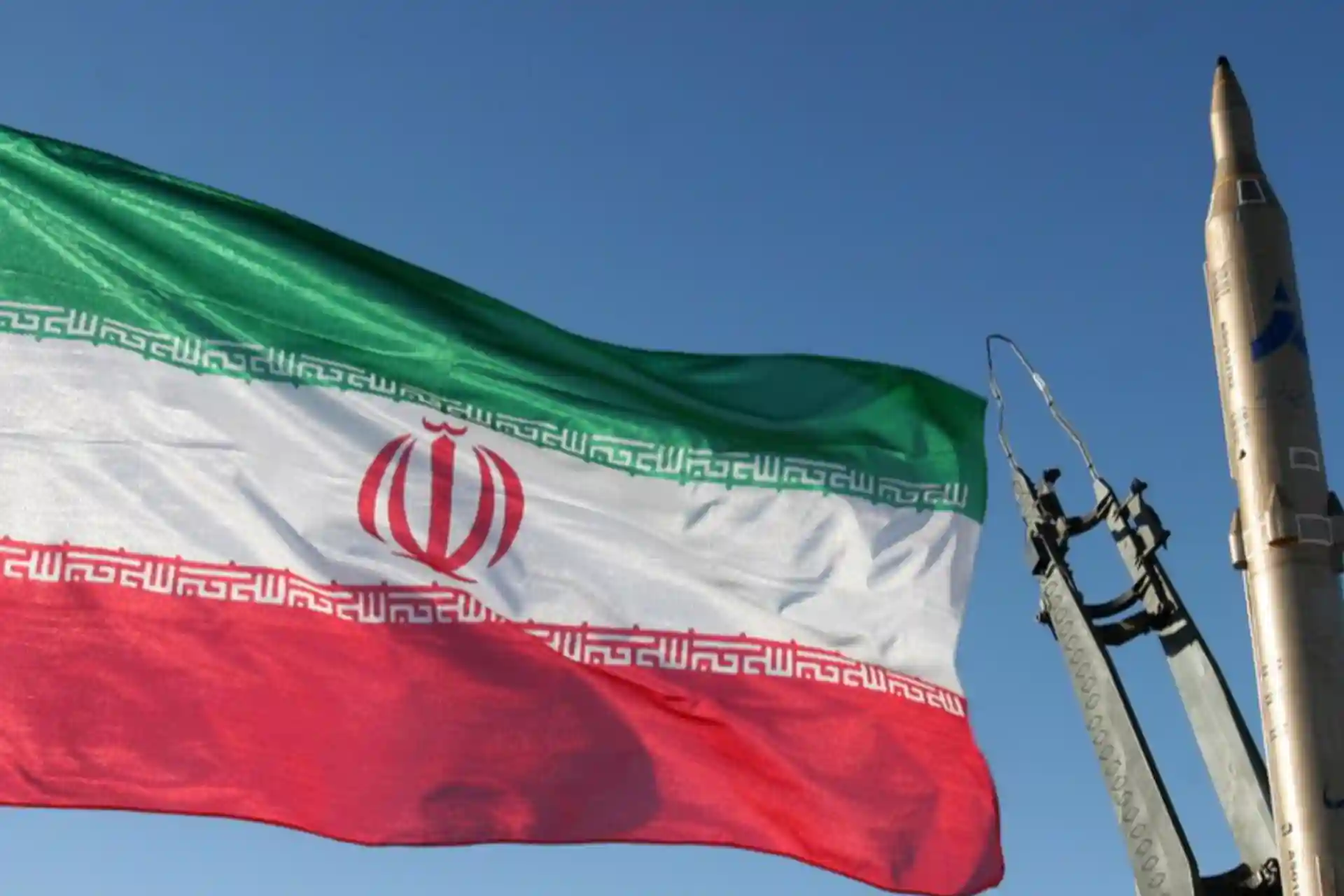Iran reduced its stockpile of enriched uranium
For the first time in recent years, Iran has reduced its stockpile of 60 percent enriched uranium from 128.3 kg to 121.5 kg.
Iran has reduced its stockpile of highly enriched uranium over the past three months. IAEA inspectors reported that levels of radioactive fuel in Iran fell by 5 percent between November and February. In the previous quarter, reserves increased by 5 percent.
The agency clarified that Iran "mixed 31.8 kg of uranium enriched to 60% with less concentrated material." This is the first reduction in the country's highly enriched uranium stockpile since 2021. IAEA inspectors concluded that stockpiles of uranium enriched to 60 percent purity fell from 128.3 kg in November to 121.5 kg.
However, Bloomberg reported that this means Tehran has enough technical know-how and materials to produce weapons-grade uranium and potentially nuclear weapons within weeks if it decides to resume weapons production. Meanwhile, the declining trend in enriched uranium stockpiles may be a sign of Tehran's desire to reduce concerns about a possible large-scale conflict in the Middle East, the agency said.
Iran insists that it does not want to achieve nuclear weapons. In 2015, the country signed an agreement on the Comprehensive Plan of Action with the United States, Germany, Great Britain, France, Russia and China. It curbed Iran's nuclear activities in exchange for sanctions relief.
The agreement lapsed after US President Donald Trump withdrew his country from the deal in 2019 and reimposed sanctions against Tehran. Attempts by the Joe Biden administration to revive the deal have failed.
On March 4, diplomats and IAEA inspectors will meet in Vienna to discuss Iran's nuclear program.



